Stanford University
Stanford, CA
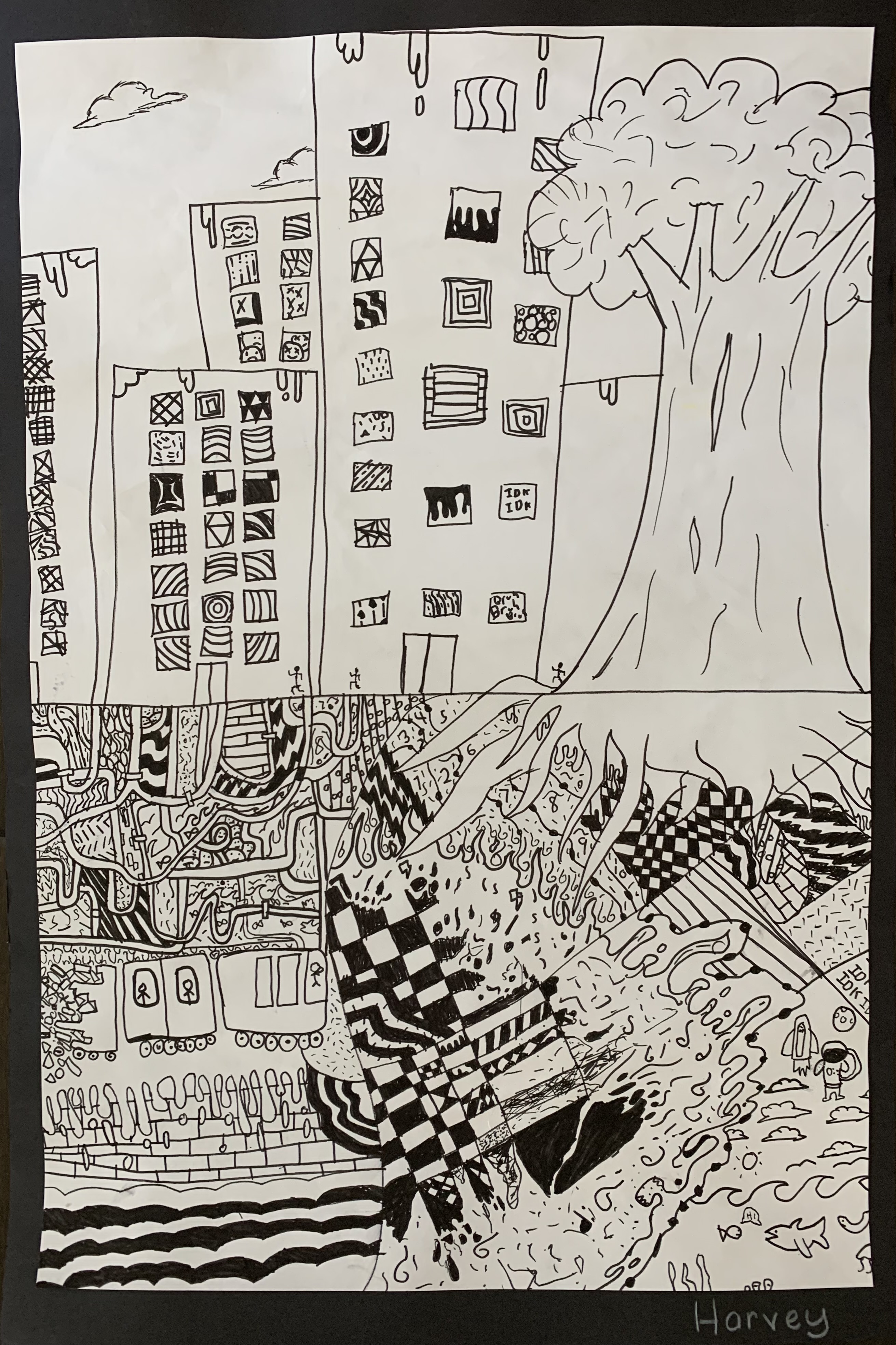



The SCOTT LAB relocated in September 2020 from the Department of Genetics and Genomic Sciences at the Icahn School of Medicine at Mount Sinai to the Department of Pathology at Stanford University. The central aim of the SCOTT LAB is studying genetic determinants of both drug response variability and Mendelian disease, including innovative sequencing and bioinformatic approaches for discovery and diagnostic testing, as well as assessing clinical provider perspectives on implementing genomic medicine. Interested students and colleagues can reach out directly to inquire about potential research opportunities.
All studies on pediatric genetic disease are dedicated to the memory of Dr. James WEISFELD-ADAMS from the University of Colorado School of Medicine in Denver and the Icahn School of Medicine at Mount Sinai in New York. Please consider a donation to support the annual James Weisfeld-Adams Memorial Grand Rounds lecture at the Icahn School of Medicine at Mount Sinai in New York.
A major focus of the SCOTT LAB is studying genetic determinants of interindividual drug response variability, with ongoing collaborative research projects on clinical pharmacogenomics, multi-ethnic pharmacogenomic allele discovery, and the development of next-generation sequencing methods for pharmacogenomic research and clinical testing. Our group has made novel discoveries with anticoagulant and antiplatelet pharmacogeomics, characterized novel CYP450 alleles in diverse populations, and developed innovative long-read sequencing pharmacogenomic assays in collaboration with PacBio for translational research and clinical implementation.
Translating pharmacogenomic discovery to clinical implementation is an ongoing interest in the laboratory. We are members of the Clinical Pharmacogenetics Implementation Consortium (CPIC), participating in authoring guidelines for pharmacogenetic-based drug therapy and other related initiatives. Dr. SCOTT was a Co-Investigator of the Institute for Personalized Medicine’s (IPM)-PGx and eMERGE-PGx programs by providing support in clinical genetics and implementing clinical pharmacogenomic testing at Mount Sinai. Current implementation efforts at Stanford Medicine are centered on partnering with PharmGKB, the Stanford Medicine Catalyst Program, and clincial colleagues to develop and launch an innovative clinical pharmacogenomic program across Stanford Health Care.
In addition to developing a novel long-read HiFi sequencing pharmacogenomics panel, translational research on antiplatelet response variability has been an ongoing area of focus for the SCOTT LAB, including implementing CYP2C19 genotyping for medication management. Previous research employed extreme phenotype exome sequencing to identify a novel gene association with clopidogrel response, and current implementation efforts are leveraging rapid turnaround time CYP2C19 genotyping to guide antiplatelet therapy decisions at the point-of-care.
In 2020, Dr. SCOTT relocated from the Icahn School of Medicine at Mount Sinai to the Department of Pathology at Stanford University as Director of the Stanford Medicine Clinical Genomics Laboratory. As such, collaborative research projects with clinical colleagues and trainees are always ongoing and frequently centered on clinical molecular or cytogenomic case studies, novel gene discovery, innovative genomic test development, and analytical comparisons of genomic testing platforms. Translational partnerships with innovative commercial companies that support genomic diagnostics are welcome, as an additional aim of the SCOTT LAB and the Clinical Genomics Laboratory is supporting research programs centered on Mendelian and/or complex disease genomics.
Another area of focus in the SCOTT LAB is the study of epigenetic DNA modifications and their role in disease pathogenesis. Previous studies investigated promoter hypermethylation of mismatch repair and cell cycle genes implicated in leukemia pathogenesis; however, current efforts are aimed at studying germline epigenetic susceptibility to common diseases and drug response phenotypes. Our group developed single-molecule real-time bisulfite sequencing (SMRT-BS), which is a novel quantitative and multiplexed bisulfite sequencing method for targeted CpG methylation analysis that employs long-read HiFi sequencing.
Stuart A. SCOTT, PhD

Stuart SCOTT got his Ph.D. from the University of Saskatchewan, Canada, under the mentorship of hematopathologist Dr. John F. DECOTEAU. His interest in medical genetics and molecular pathology prompted postdoctoral American Board of Medical Genetics and Genomics (ABMGG) training in Clinical Molecular Genetics and Clinical Cytogenetics and Genomics at the Icahn School of Medicine at Mount Sinai and Board certification in both specialties. In the Sema4 Laboratory he was involved in high-complexity clinical molecular testing, including pharmacogenomics, cytogenomics, and PacBio long-read HiFi sequencing applications. Dr. SCOTT is currently the Director of the Stanford Medicine Clinical Genomics Laboratory and Professor in the Department of Pathology at Stanford University. His research interests are focused on translational molecular biology, particularly in the areas of pharmacogenomics, cytogenomics, epigenomics and genomic medicine implementation, and he considers himself fortunate to work with the people that he does.
Yao YANG, PhD
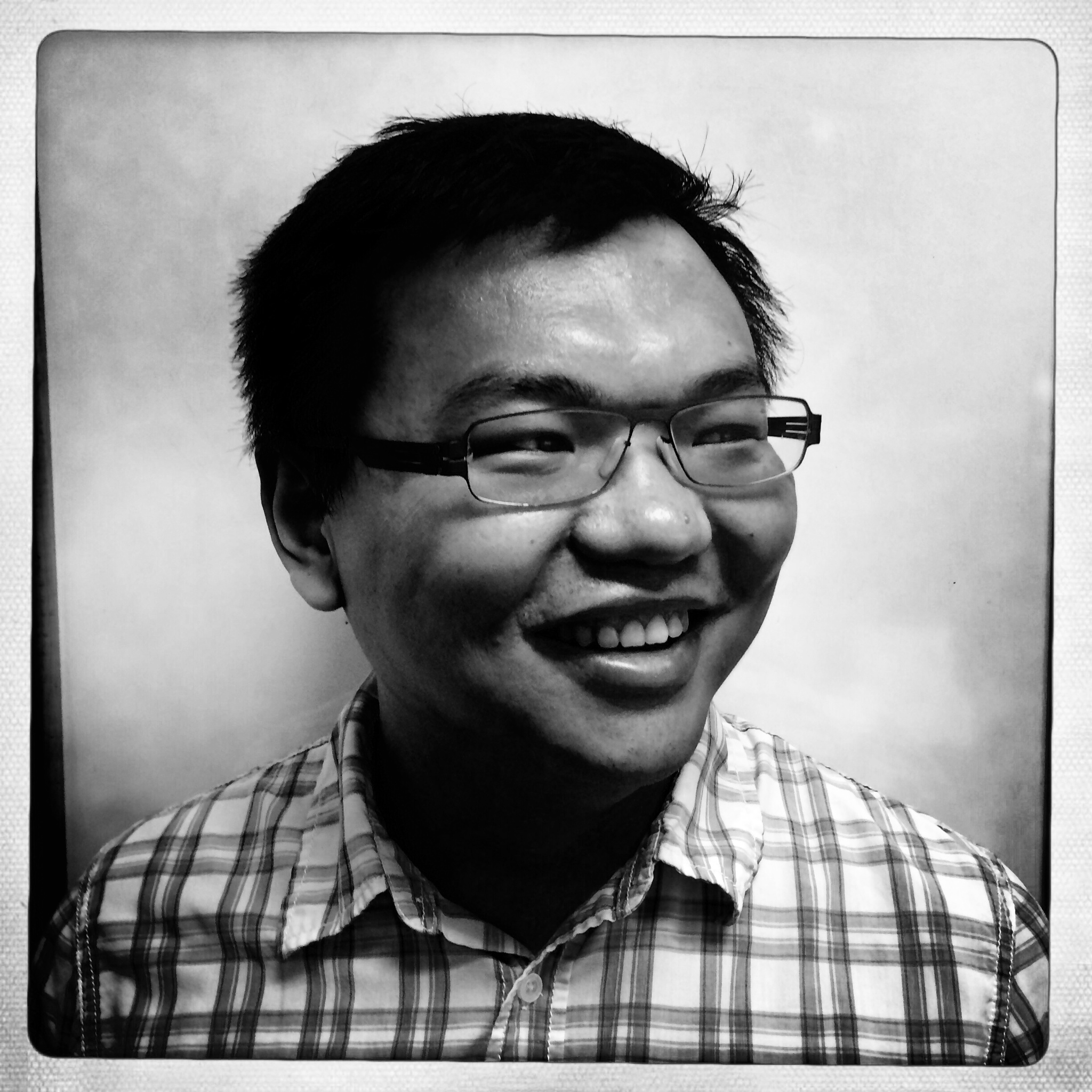
Yao YANG got his Ph.D. in Biomedical Engineering from Southeast University, Nanjing, China, before joining the SCOTT LAB as a postdoctoral fellow in 2011. Dr. YANG became an Instructor in 2015 and his primary research interests involve the application and development of next-generation sequencing workflows and bioinformatic pipelines for discovery in epigenomics and pharmacogenomics. He developed both SMRT-BS and CYP2D6 long-read methods using PacBio HiFi sequencing. In addition to other collaborative research projects on epigenomics and pharmacogenomics, Dr. YANG is ABMGG-certified in Clinical Molecular Genetics and Genomics and is developing novel variant calling pipelines for long-read sequencing. Dr. YANG is currently a Co-Director of the Stanford Medicine Clinical Genomics Laboratory and Clinical Assistant Professor in the Department of Pathology at Stanford University.
Thuy-mi (Mimi) NGUYEN, MS
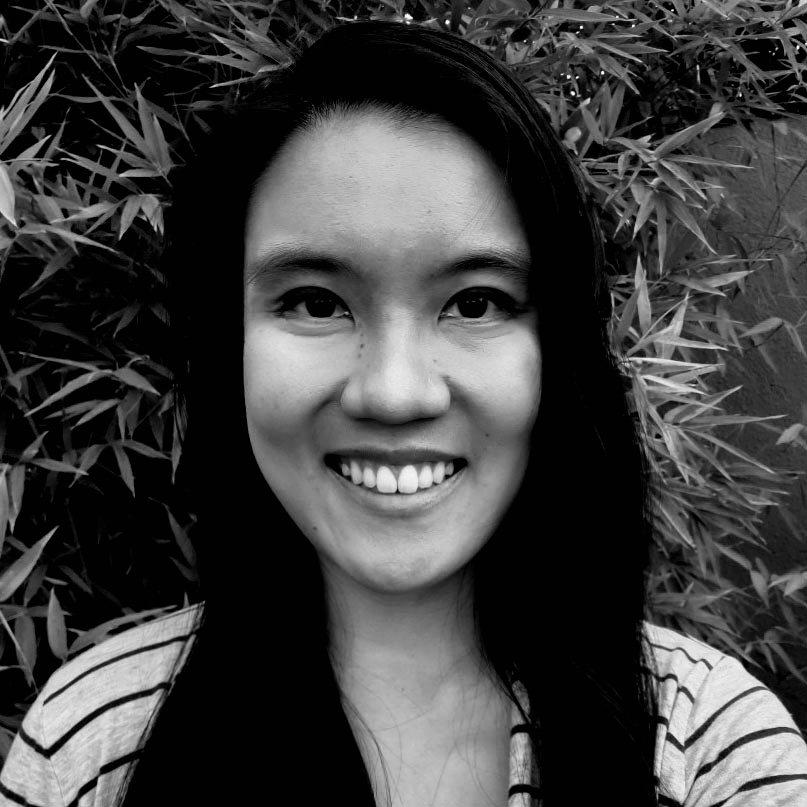
Mimi NGUYEN is a Research Genetic Counselor in the SCOTT LAB who joined the Stanford community in 2021. She received her Masters of Science (M.S.) in Genetic Counseling from the University of Colorado, Anschutz Medical Campus and Bachelor’s degree in Biochemistry/Philosophy from Gonzaga University. Her research interests include muscular dystrophy and other pediatric genetic disorders. She has experience in facilitating informed consent, germline variant interpretation, and gene/variant discovery for undiagnosed diseases.
Oumnia CHELLAH, BS
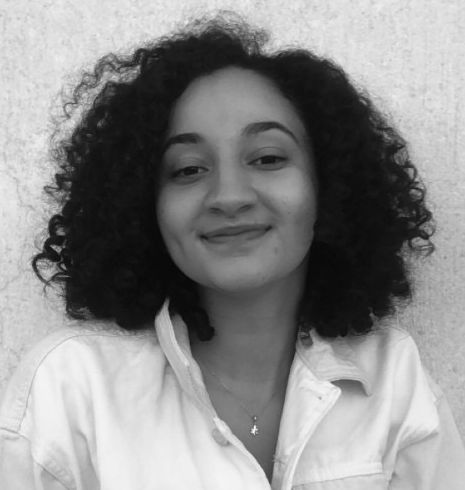
Oumnia CHELLAH is a second year Master’s of Science (M.S.) student in Computer Science at Stanford University. Oumnia’s research project with the SCOTT LAB is centered on evaluating currently available repeat expansion callers and developing a novel bioinformatic solution to accurately interrogate germline expansions across multiple genome sequencing platforms.
James WEISFELD-ADAMS, MB, ChB

James WEISFELD-ADAMS was an Assistant Professor at the Children’s Hospital Colorado, University of Colorado School of Medicine in Denver. Board certified in pediatrics and clinical genetics, Dr. WEISFELD-ADAMS dedicated his career to the clinical care of pediatric and adult patients with rare inherited metabolic and neurogenetic diseases. The SCOTT LAB collaborated with Dr. WEISFELD-ADAMS whenever humanly possible, and will always remember the joy and laughter that was shared when both working and not working together.
Hetanshi NAIK, PhD

Hetanshi NAIK is an Associate Professor in the Department of Genetics at Stanford and the Research Director of the MS Program in Human Genetics and Genetic Counseling. She is a Board certified genetic counselor and clinical researcher with expertise in the inborn errors of heme biosynthesis, porphyrias, lysosomal storage disorders and pharmacogenomics, and research expertise in clinical trials, patient reported outcomes (PROs), qualitative methods, and study design. Her research interests include developing and evaluating PROs for genetic disorders and genomics, in particular assessing PROs as outcomes for clinical trials, pharmacogenomic implementation, and genetic counseling education and processes, as well as utilizing digital health technologies to improve clinical care, genetic counseling, patient reporting, trial efficacy, and outcomes. She has been a frequent collaborator with the SCOTT LAB through student mentoring, and both clinical and educational pharmacogenomic research projects.
Teri E. KLEIN, PhD
Teri KLEIN is a Professor in the Departments of Biomedical Data Science and Medicine (BMIR) at Stanford University and Principal Investigator of PharmGKB, CPIC, PharmCAT and ClinGen. She is internationally recognized for her work in pharmacogenomics, personalized medicine, computational biology and bioinformatics, and her research focus is currently centered on the development of PharmGKB, clinical pharmacogenomic dosing guidelines, clinical genomics and the annotation of the human genome, and the structural basis of disease. She has graciously been a friend and mentor to the SCOTT LAB for ~10 years, with no end in the foreseeable future.
Jorge DUCONGE, PhD, MSc, BSc Pharm
Jorge DUCONGE is a Professor in the Department of Pharmaceutical Sciences at the University of Puerto Rico School of Pharmacy and Principal Investigator of the NIH-funded Adopting a Precision Medicine Paradigm in Puerto Rico: Leveraging Ancestral Diversity to Identify Predictors of Clopidogrel Response in Caribbean Hispanics research program. His independent research is aimed at studying genetic determinants of drug response variability among underrepresented populations, particularly within the Caribbean Hispanic community. The SCOTT LAB has collaborated with Dr. DUCONGE and members of his research team since 2016, with a focus on antiplatelet pharmacogenomic discovery and implementation among ancestrally diverse populations.
Dena MATALON, MD
Dena MATALON is a Clinical Associate Professor in the Department of Pediatrics and Division of Medical Genetics at Stanford. She is Board certified in pediatrics and clinical genetics, and her research interests include studying genetic causes of pediatric diseases. She is a Co-Investigator of the GREGoR Stanford Site, and the SCOTT LAB collaborates with Dr. MATALON through their MCHRI/Undiagnosed Disease Network (UDN) pilot project entitled Long-Read Genome Sequencing to Increase Diagnostic Yield in Pediatric Genetic Diseases.
Mattie MONROE, MS
Mattie MONROE was a second year Masters of Science (M.S.) in Genetic Counseling student in the Department of Genetics at Stanford University. Mattie’s interest in pharmacogenomics and previous experience working in substance use research prompted her thesis project with the SCOTT LAB, entitled ‘Knowledge and Attitudes on Germline Pharmacogenomics among Oncologists’.
Kendall SCHMIDT, MS
Kendall SCHMIDT was a second year Masters of Science (M.S.) in Genetic Counseling student in the Department of Genetics at Stanford University. Kendall’s previous experience in drug development and interest in pharmacogenomics prompted her thesis project with the SCOTT LAB, entitled ‘Perspectives and Barriers on the Use of Antidepressant Pharmacogenomic Testing among Psychiatrists and Primary Care Providers’.
Callan RUSSELL, MS
Callan RUSSELL was a second year Masters of Science (M.S.) in Genetic Counseling student in the Department of Genetics at Stanford University. Callan’s interest in pharmacogenomics and genomic medicine implementation prompted her thesis project with the SCOTT LAB and Stanford Cardiology, entitled ‘Knowledge and Attitudes on Implementing Cardiovascular Pharmacogenomic Testing’.
Lanna CERA, MS
Lanna CERA was a second year Masters of Science (M.S.) in Genetic Counseling student at the Icahn School of Medicine at Mount Sinai. Lanna’s interest in genetic test reporting prompted her thesis project with the SCOTT LAB and collaborators at Nemours Children’s Health, entitled ‘Provider Preferences on Clinical Pharmacogenomic Reporting’.
Meghan BARTOS, MS
Meghan BARTOS was a second year Masters of Science (M.S.) in Genetic Counseling student at the Icahn School of Medicine at Mount Sinai. Meghan’s interest in secondary findings prompted her thesis project with the SCOTT LAB, entitled ‘Attitudes on Pharmacogenomic Results as Secondary Findings among Medical Geneticists’.
Elizabeth LOUDON, MS
Elizabeth LOUDON was a second year Masters of Science (M.S.) in Genetic Counseling student at the Icahn School of Medicine at Mount Sinai. Elizabeth’s interest in genetic counseling education prompted her thesis project with the SCOTT LAB, entitled ‘Pharmacogenetics Education among Genetic Counseling Training Programs’.
Christina LaMAIRE, MS
Christina LaMAIRE was a second year Masters of Science (M.S.) in Genetic Counseling student at the Icahn School of Medicine at Mount Sinai. Christina’s interest in psychiatric genomics prompted her thesis project with the SCOTT LAB, entitled ‘Perceptions of Psychiatric Pharmacogenetic Clinical Trials among Patients with Depression and Psychiatrists’.
Mariana R. BOTTON, PhD

Mariana R. BOTTON is a postdoctoral fellow at the Hospital de Clínicas de Porto Alegre - Universidade Federal do Rio Grande do Sul, in Porto Alegre, Brazil, with undergraduate and graduate degrees in Pharmacy, and Genetics and Molecular Biology, respectively. Dr. BOTTON’s research focus is studying pharmacogenomic variation in diverse populations, and while pursuing a two-year pharmacogenomics fellowship at Mount Sinai and Sema4, she led the development of several PacBio long-read SMRT sequencing assays and studied pharmacogenomic structural variation.
Dagmar F. HERNANDEZ-SUAREZ, MD, MS
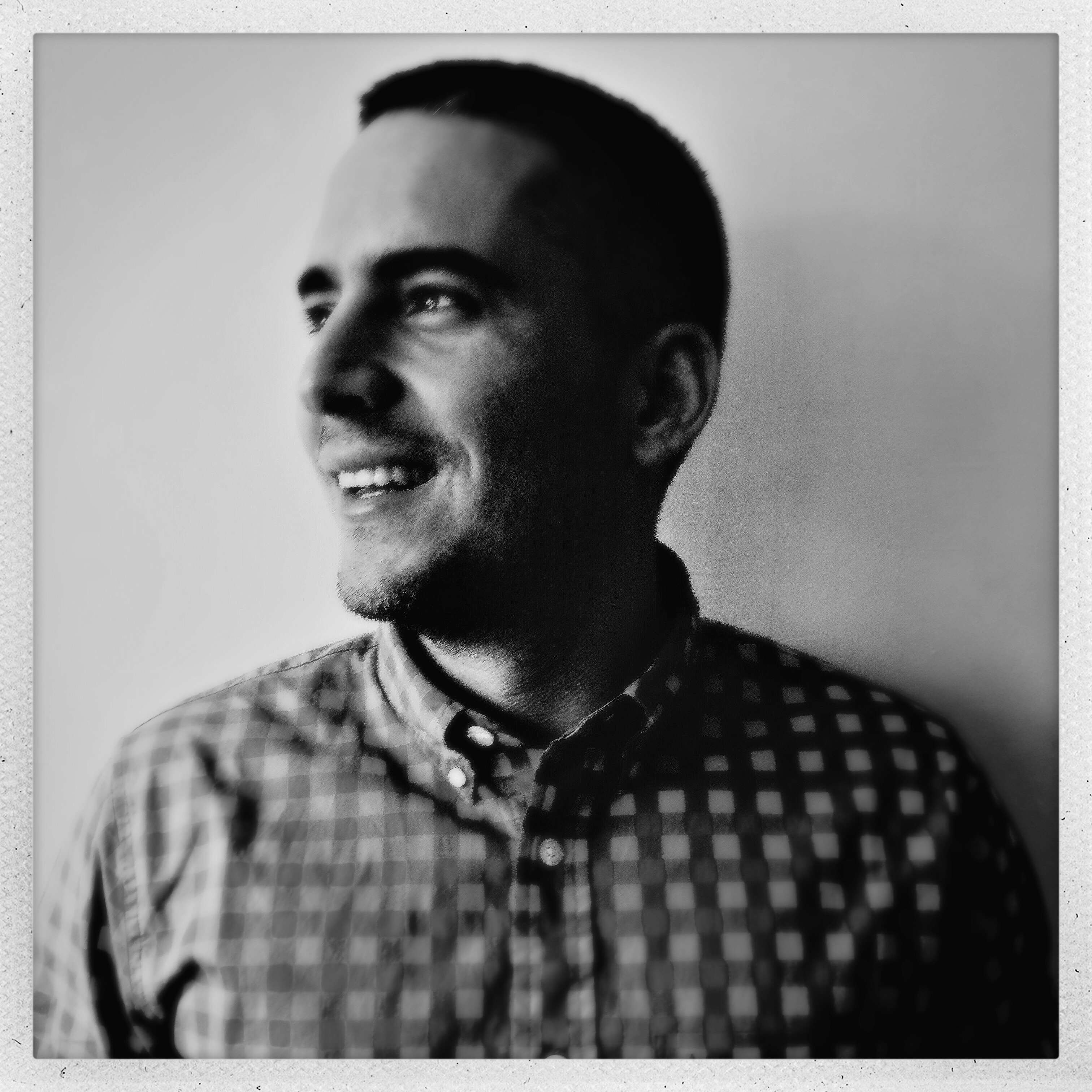
Dagmar F. HERNANDEZ-SUAREZ, M.D. was an Internal Medicine Resident at the University of Puerto Rico (UPR) School of Medicine, San Juan, Puerto Rico. His research was mentored by Dr. Jorge DUCONGE at the UPR, and was aimed at determining the clinical and genetic determinants of clopidogrel responsiveness in Caribbean Hispanics. The SCOTT LAB was fortunate to collaborate with Dr. HERNANDEZ-SUAREZ as a visting scholar at Mount Sinai on antiplatelet pharmacogenetics, as he is now pursuing his career in academic clinical cardiology.
Shahad RAHAWI, MS

Shahad RAHAWI was a second year Masters of Science (M.S.) in Genetic Counseling student at the Icahn School of Medicine at Mount Sinai. Shahad’s interest in genomics education prompted her thesis project with the SCOTT LAB, which was aimed at assessing pediatrician knowledge and attitudes on pharmacogenomics in an effort to better inform how to design clinician education tools.
Meredith ROSS, MS

Meredith ROSS received her Bachelor of Arts (B.A.) in Biology/Biological Sciences & Medicine, Health, and Society at Vanderbilt University, and completed her Masters of Science (M.S.) in Genetic Counseling student at the Icahn School of Medicine at Mount Sinai. Meredith’s interest in prenatal genetic counseling prompted her thesis project with the SCOTT LAB, which assessed knowledge and attitudes on non-invasive prenatal pharmacogenetic screening among pregnant and preconception women.
Kevin SANAYCELA

Kevin SANAYCELA was a summer student from the Dalton School in New York City, who completed his high school program in 2017. His interest in getting first hand exposure to science and research lead him to a volunteer position at the SCOTT LAB through the Dalton Science Research Program. He currently worked on validating computational strategies for haplotype phasing from long read third-generation (PacBio) sequencing data, interrogating the CYP2D6 gene in selected ethnic subpopulations.
Benjamin S. PULLMAN, BA
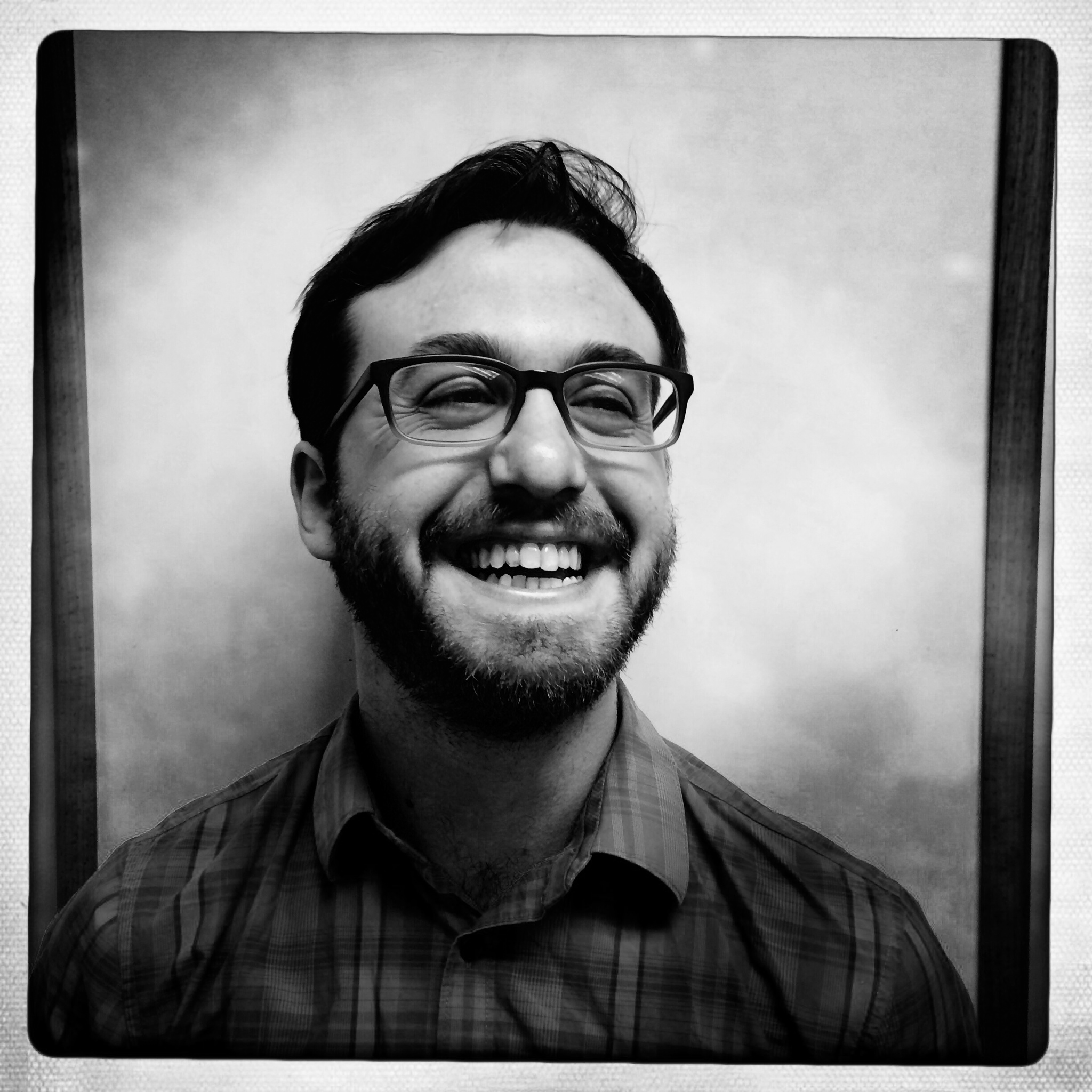
Ben PULLMAN completed his Bachelor of Arts (B.A.) in Computer Science and Music at Amherst College in 2013, including an honors thesis entitled Machine Learning Methods for Detecting Code Obfuscation. He volunteered in the SCOTT LAB from 2014 to 2015 while working as a developer for the social campaign around the film Girl Rising. During that time he spearheaded our High Throughput Methylation Analysis Program (HiTMAP) project, which is a quantitative online tool for amplicon bisulfite sequencing DNA methylation analyses. Ben currently is pursuing a Ph.D. in Computer Science and Engineering at the University of California, San Diego (UCSD) in the Center for Computational Mass Spectrometry.
Zinira MUNSHI
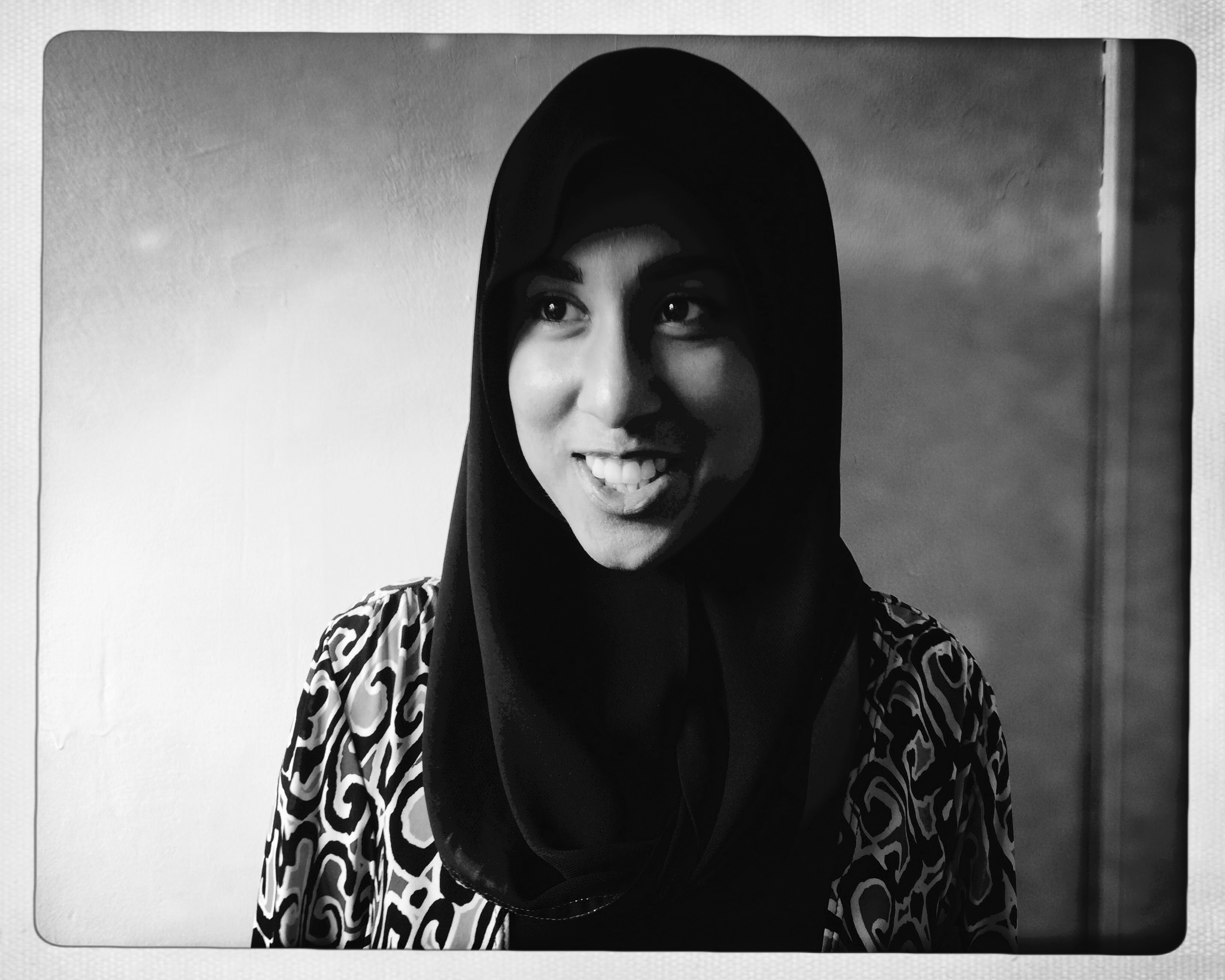
Zinira MUNSHI was a 2016 summer student from Rutgers University, majoring in Genetics in the School of Arts and Sciences Honors Program, who is expecting to complete her Bachelor of Arts (B.A.) in 2017. Her undergraduate research studied the role of aurora kinases in cancer, and she was the recipient of a Douglass Project stipend from Rutgers University to foster engagement in research. At the SCOTT LAB she developed a database of clinically actionable and informative pharmacogenomic variants and studied their multi-ethnic allele frequencies across world-wide populations.
Irene L. FENG
Irene FENG was an undergraduate student at Dartmouth College doing a Bachelor of Arts (B.A.) in Computer Science/Biology. She volunteered in the laboratory in 2015, and under the direction of Ben PULLMAN, focused her time on programming the user interface of our High Throughput Methylation Analysis Program (HiTMAP) for amplicon bisulfite sequencing data analysis.
Jeffrey SLOAD
Jeff SLOAD initially volunteered in the SCOTT LAB in 2012 in conjunction with the Authentic Science Research (ASR) program at Darien High School, which aimed at getting high school students first-hand scientific research experience. Following completion of the program and graduation from Darien High School in 2013, he continued working in the SCOTT LAB on cardiovascular pharmacogenomics projects as a summer student. Jeff currently is studying Biology at Williams College and enjoys ultimate frisbee, jazz trombone, and the New York Rangers.
Suparna MARTIS, PhD
Suparna MARTIS got her Ph.D. form the University of Delhi in Peptide Chemistry and subsequently pursued postdoctoral research at the Institute of Genomics & Integrative Biology (CSIR) and several Senior Scientist positions at genetics/genomics companies in Asia and North America, eventually landing at Mount Sinai as a postdoctoral fellow in 2010. With a strong background in population pharmacogenetics, Dr. MARTIS lead a number of projects in the SCOTT LAB on multi-ethnic pharmacogenetic allele profiling where she discovered several novel CYP450 variant alleles, including pharmacogenomic copy number variants.
Manishkumar PATEL, MS
Manishkumar PATEL was a graduate student at the University of New Haven, CT, who did his M.S. thesis research project with the SCOTT LAB in 2009 entitled Warfarin Pharmacogenetics: Copy Number Variation and Novel CYP2C9 Alleles in a Multi-ethnic Population. Following successful completion of his M.S. degree, Manish joined Mount Sinai as a Research Associate in a laboratory within the Department of Hematology & Medical Oncology.
2022-present: Medical Genetics Residency Didactics
Department of Pediatrics, Division of Medical Genetics; Lecturer.
2025-present: Stanford Medicine Health Futurists Advanced Leadership Program
School of Medicine; Lecturer.
2017-present: Advanced Laboratory Genomics Course
Division of Genomic Diagnostics at CHOP, Philadelphia, PA; Lecturer.
2022-present: LGG Core Curriculum Course / Multi-institutional Human Genetics Case Conference
Department of Human Genetics, University of Chicago, Chicago, IL; Lecturer.
2009, 2017-2020: Molecular Biology and Genetics
New York College of Podiatric Medicine, New York, NY; Lecturer.
2010-2020: Medical Genetics
1st year genetic counseling students and ACGME/ABMGG clinical genetics fellows; Lecturer.
2010-2020: Molecular Cellular and Genomic Foundations
1st year medical students; Lecturer.
2011-2017: Translational Genomics, BSR2400
Elective graduate course; Co-Director, Lecturer.
2012-2022: Spectrum of Methods in Clinical Research 3
Clinical Research Training Program; Lecturer.
2013-2016: Introduction to Human Genome Sequencing, BSR2401
Elective graduate course; Lecturer.
2013-2020: Practical Analysis of Your Human Genome, BSR6402
Elective graduate course; Lecturer.
2016-2020: Laboratory Medicine, Department of Pathology
Seminar Series; Lecturer.
2017-2020: Biomedical Science, BSR1012
Core graduate course; Lecturer.
2017-2022: Medical Genetics Seminar
Joan H. Marks Graduate Program in Human Genetics, Sarah Lawrence College, Bronxville, NY; Lecturer.
2019-2022: Laboratory Management Seminar Series
Sema4/Icahn School of Medicine at Mount Sinai, New York, NY; Seminar Series; Lecturer.
The CYP2D6 VCF Translator v2.0
The CYP2D6 variant call format (VCF) Translator v2.0 converts CYP2D6 sequence variants from a .vcf file with GRCh37/hg19 coordinates to the M33388.1 and AY545216.1 GenBank reference sequence coordinates used for CYP2D6 star (*) allele conversion by the Human Cytochrome P450 (CYP) Allele Nomenclature Committee.
Additional details on the CYP2D6 VCF Translator can be found at Qiao W, et al. Pharmacogenomics J. 2017;17:301-303. [Epub 2016 Mar 15.]
Questions or comments can be sent here.
Amplicon Long-read Error Correction (ALEC) was developed to correct sequencing errors [substitutions and insertion/deletions (indels)] from third-generation PacBio and Oxford Nanopore long-read sequencing. The ALEC script with additional details on its functionality is accessible at Github: https://github.com/scottlab/ALEC.git
For information on the development of ALEC with the CYP2D6 gene and long-read PacBio sequencing, see Qiao W and Yang Y, et al. 2016;37:315-23. [Epub 2015 Dec 18.]
Questions or comments can be sent here.
Creative and eager clinical residents and fellows, graduate students, postdoctoral fellows, summer students, international rotation students, and undergraduate students with shared research interests in human genetics and genomics are encouraged to inquire about potential opportunities. If that is you, please email your updated CV directly and include a summary of your research interests, goals, and timeline.
There currently is an immediate post-doctoral fellowship or staff position opening for an individual with experience in bioinformatics (long-read sequencing interest preferred), pharmacogenomics, Mendelian disease genomics, and/or clinical provider engagement with genomic medicine implementation.
Stuart A. SCOTT, PhD
Professor
Department of Pathology
Stanford University
300 Pasteur Dr
Stanford, CA 94305
Tel: 650-724-0973
sascott@stanford.edu
Director
Clinical Genomics Laboratory
Stanford Medicine
3375 Hillview Ave
Palo Alto, CA 94304
Tel: 650-724-0973
sscott@stanfordhealthcare.org